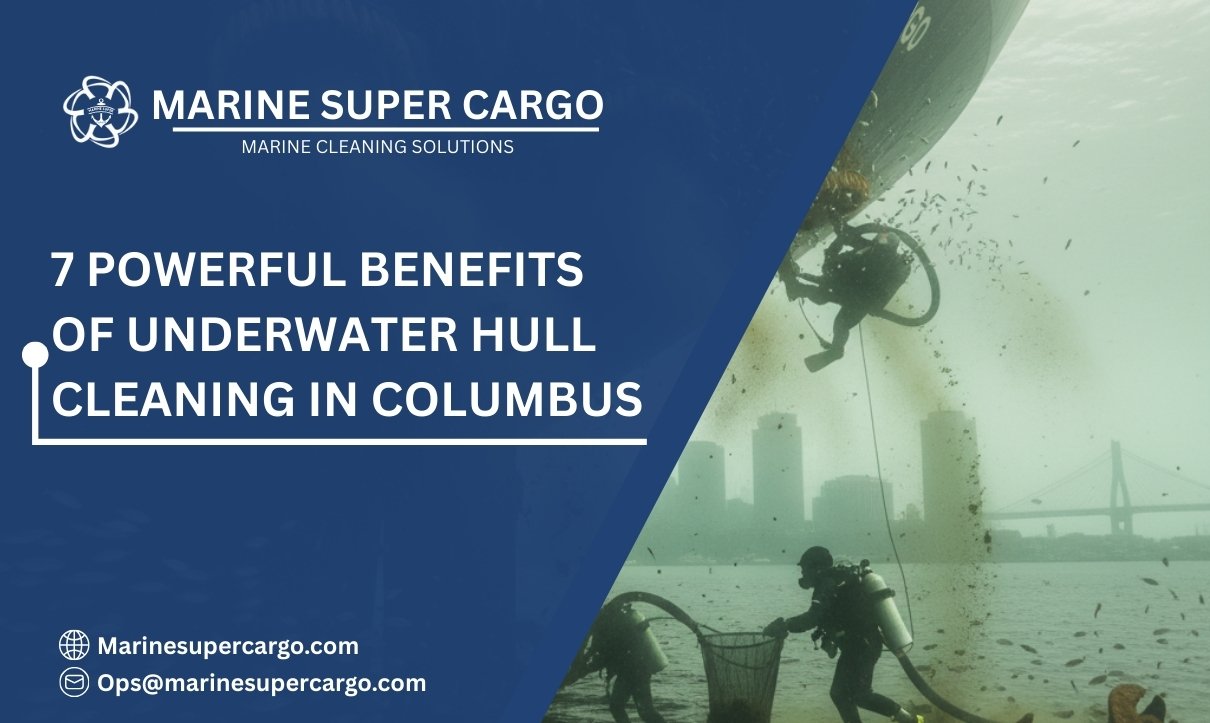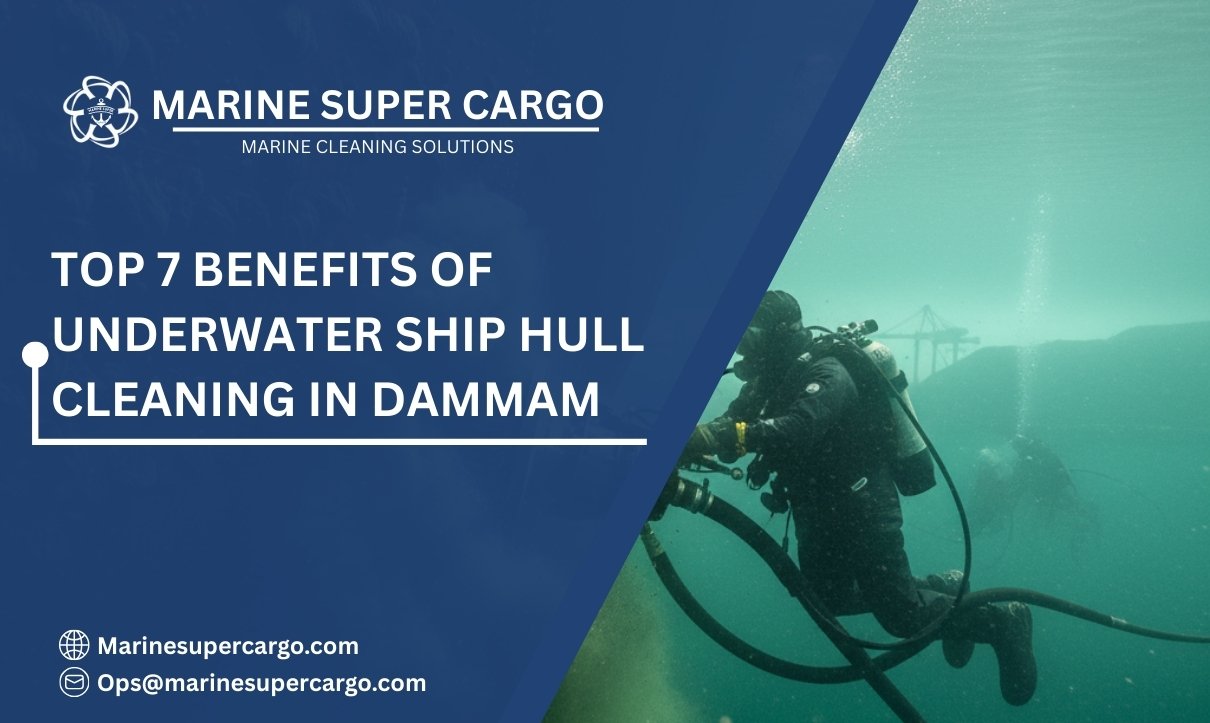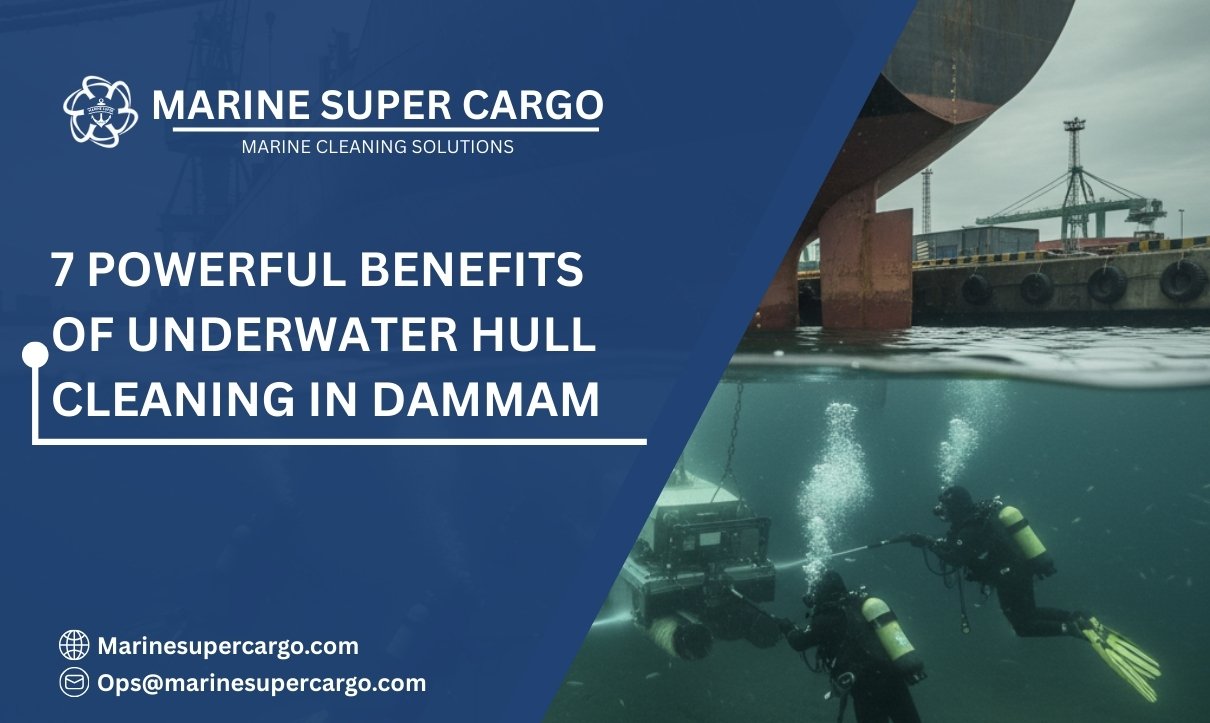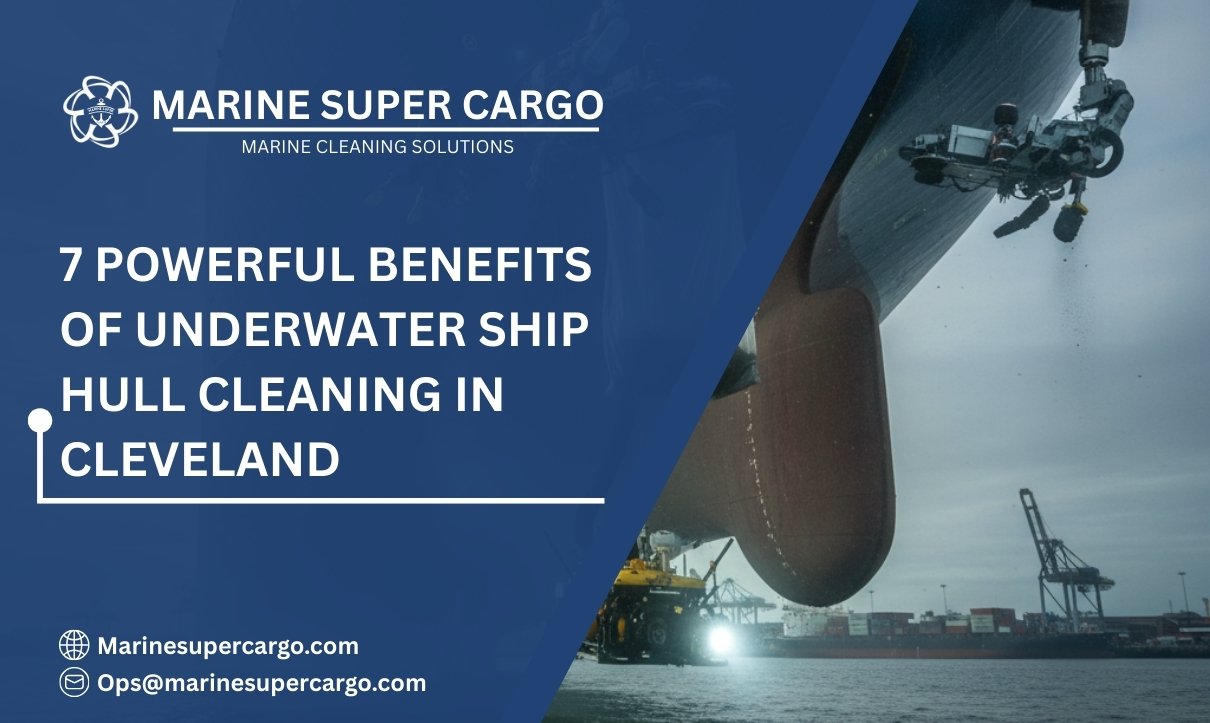Compliance Pitfalls in Flag Documentation: 7 Costly Mistakes to Avoid
Top Compliance Pitfalls in Flag Documentation (and How to Avoid Them) In global shipping, one overlooked detail in Documentation Management can cost a vessel thousands—or even its reputation. Flag documentation represents your ship’s legal identity, confirming it meets safety, environmental, and operational regulations. Yet even experienced operators fall into compliance traps. Understanding these pitfalls can […]





